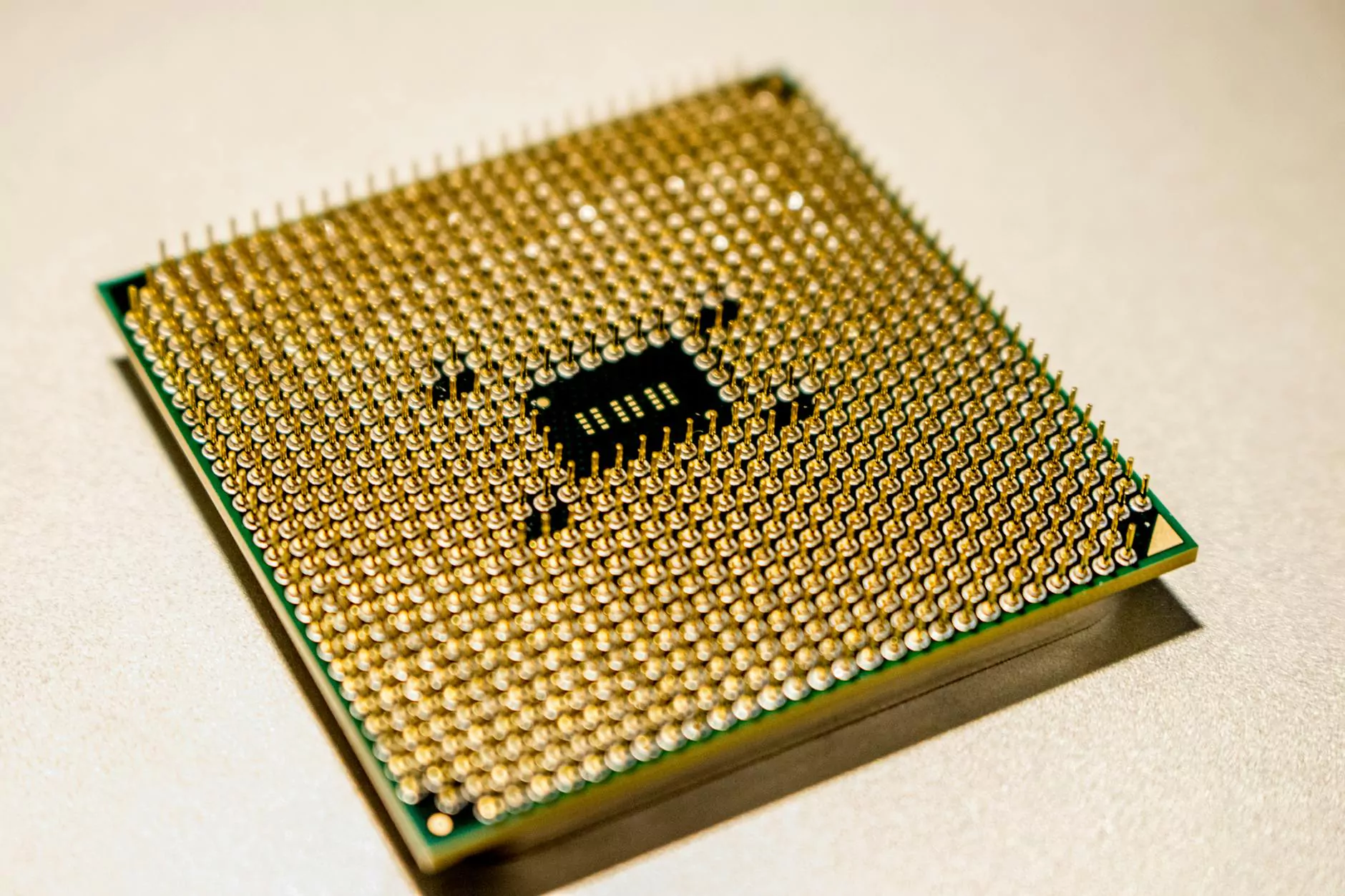Data Privacy Compliance: A Comprehensive Guide for IT Services and Computer Repair Businesses

What is Data Privacy Compliance?
Data privacy compliance refers to the adherence to laws, regulations, and standards that govern the collection, storage, use, and sharing of personal data. With the digital age continuously evolving, businesses must ensure they are equipped to protect sensitive information while fostering trust with clients.
The Importance of Data Privacy Compliance
In today’s technology-driven environment, data privacy compliance is not just a legal obligation, but a fundamental aspect of ethical business practices. Here are several key reasons why compliance is vital for businesses, particularly in the IT services and computer repair industry:
- Customer Trust: Compliance helps build and maintain trust with your clients. When customers know their data is handled responsibly, they are more likely to engage with your services.
- Legal Protection: Adhering to data protection laws protects your business from potential lawsuits and severe penalties associated with data breaches or non-compliance.
- Reputation Management: A strong commitment to data privacy compliance enhances your brand’s reputation, making it more appealing to potential clients.
- Competitive Advantage: Being compliant can differentiate your business in a crowded marketplace, attracting clients who prioritize data security.
Key Regulations Governing Data Privacy Compliance
Several major regulations govern data privacy compliance in various regions. Understanding these regulations is crucial for IT services and computer repair businesses:
- General Data Protection Regulation (GDPR): Enforced in the European Union, GDPR sets strict rules regarding personal data handling, requiring explicit consent from individuals before their data can be processed.
- California Consumer Privacy Act (CCPA): This legislation provides California residents with rights regarding their personal information, including the right to know what data is collected and the right to delete their data.
- Health Insurance Portability and Accountability Act (HIPAA): This U.S. law demands strict compliance standards for organizations handling protected health information (PHI), requiring data protection measures to secure sensitive health data.
- Federal Trade Commission (FTC) Guidelines: The FTC enforces laws against unfair or deceptive acts or practices in commerce, including those relating to data privacy and security.
Essentials for Achieving Data Privacy Compliance
To achieve data privacy compliance, IT services and computer repair businesses must implement specific measures and best practices, including:
1. Data Mapping and Classification
Understanding what data you collect, how it is stored, and who has access to it is critical. Data mapping enables businesses to identify potential vulnerabilities in their data handling processes and take appropriate actions.
2. Security Assessments
Regular security assessments and audits allow businesses to evaluate their data protection strategies. Identifying weaknesses and improving your security posture should be an ongoing process.
3. Employee Training
Staff should be trained on data privacy policies and best practices. Regular training ensures that employees are aware of their responsibilities regarding data handling and are equipped to avoid common pitfalls.
4. Data Protection Policies
Businesses must develop and enforce comprehensive data protection policies that outline procedures for data collection, storage, retention, and disposal. This includes incident response protocols in the event of a data breach.
5. Third-Party Vendor Management
If your business involves third-party vendors, it's imperative to ensure they comply with your data privacy standards. Regular audits and standardized contracts can help maintain compliance across your supply chain.
Challenges in Data Privacy Compliance
Despite the importance of data privacy compliance, businesses often face several challenges:
- Keeping up with regulations: With regulations constantly evolving, staying compliant can feel overwhelming, especially for small businesses.
- Resource allocation: Implementing compliance measures requires investment in technology and training, which can strain resources.
- Complexity of compliance: Different regions have unique regulations, making it challenging for companies operating across borders to ensure compliance everywhere.
- Data breaches and security threats: As cyber threats continue to grow in sophistication, protecting sensitive data remains a paramount concern for businesses.
Best Practices for Data Privacy Compliance in IT Services
To navigate the complexities of data privacy compliance, consider the following best practices:
1. Conduct Regular Audits
Establish a routine for auditing your data privacy practices. Regular audits will help identify areas for improvement and ensure that compliance measures are effectively implemented.
2. Leverage Technology
Utilize technology solutions aimed at data protection and compliance management. Tools such as data encryption, access controls, and monitoring systems can provide an extra layer of security.
3. Stay Informed
Subscribe to resources or organizations that provide updates on privacy legislation and best practices. Being proactive in education can help your business stay ahead of compliance challenges.
4. Engage Legal Expertise
Consider consulting with legal experts specializing in data privacy compliance. They can provide valuable insights into legislation and help tailor compliance strategies to your business needs.
5. Foster a Culture of Compliance
Encourage a culture within your organization that prioritizes data privacy. This mentality should trickle down from leadership to all employees, emphasizing that everyone has a role in protecting sensitive information.
Future Trends in Data Privacy Compliance
The landscape of data privacy compliance is constantly changing. Here are some emerging trends to watch for:
- Increased Regulatory Scrutiny: As public concern about data privacy grows, expect more stringent laws and regulations to emerge worldwide.
- Technological Advancements: Advancements in technology will lead to more sophisticated data protection tools, making compliance easier and more efficient.
- Focus on User Consent: Companies will increasingly prioritize obtaining explicit user consent for data processing, ensuring transparency and accountability.
- Data Minimization Practices: There will be a stronger emphasis on collecting only necessary data, reducing the risk associated with handling excess personal information.
Conclusion
In conclusion, achieving data privacy compliance is essential for IT services and computer repair businesses striving for success in today’s digital landscape. By understanding regulations, implementing robust practices, and fostering a culture of compliance, businesses can protect their customers' data and enhance their reputation. Embracing the challenges and trends related to data privacy will not only safeguard your business but also establish a solid foundation for future growth and customer trust.
© 2023 Data Sentinel - All rights reserved.









